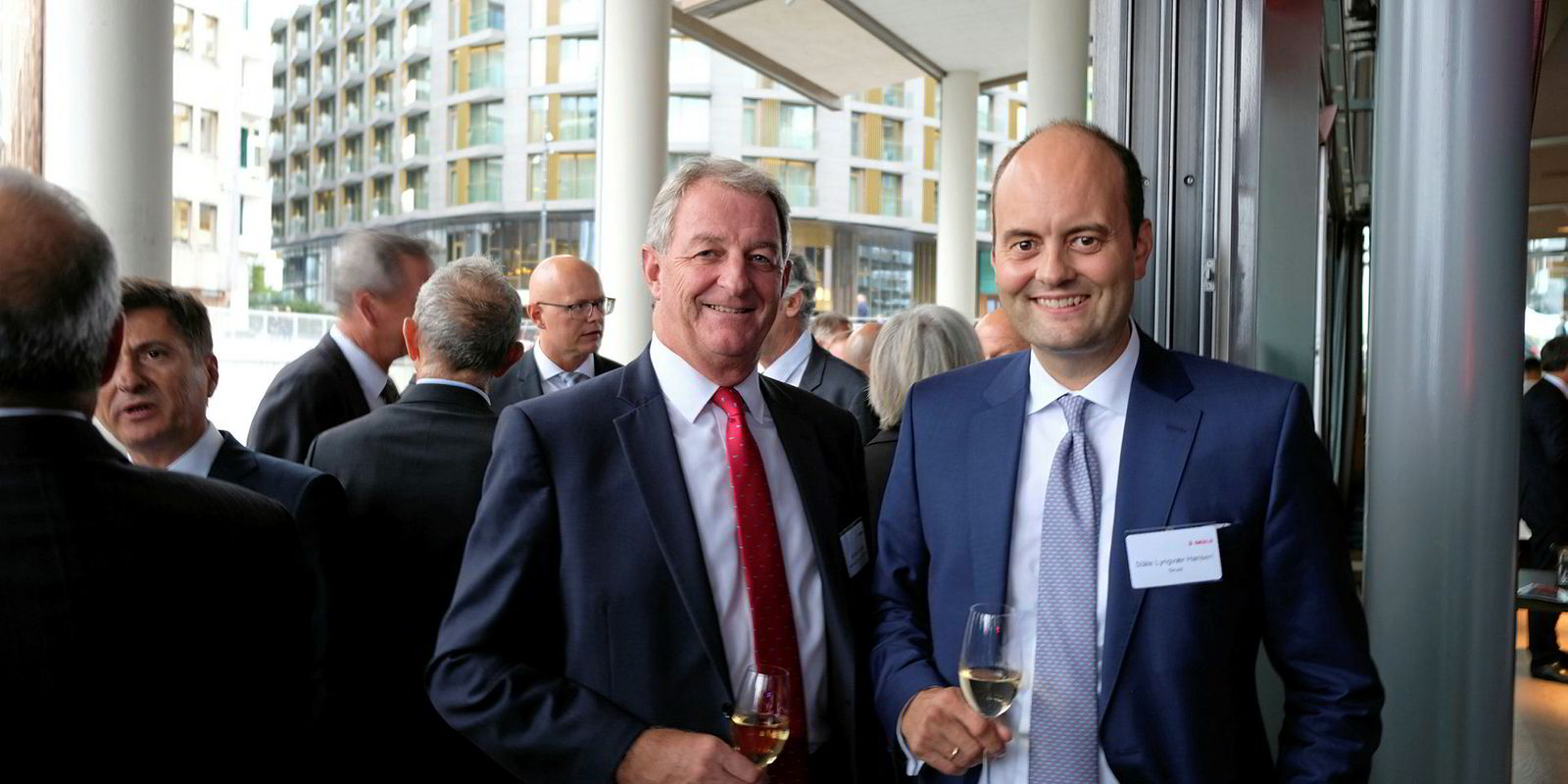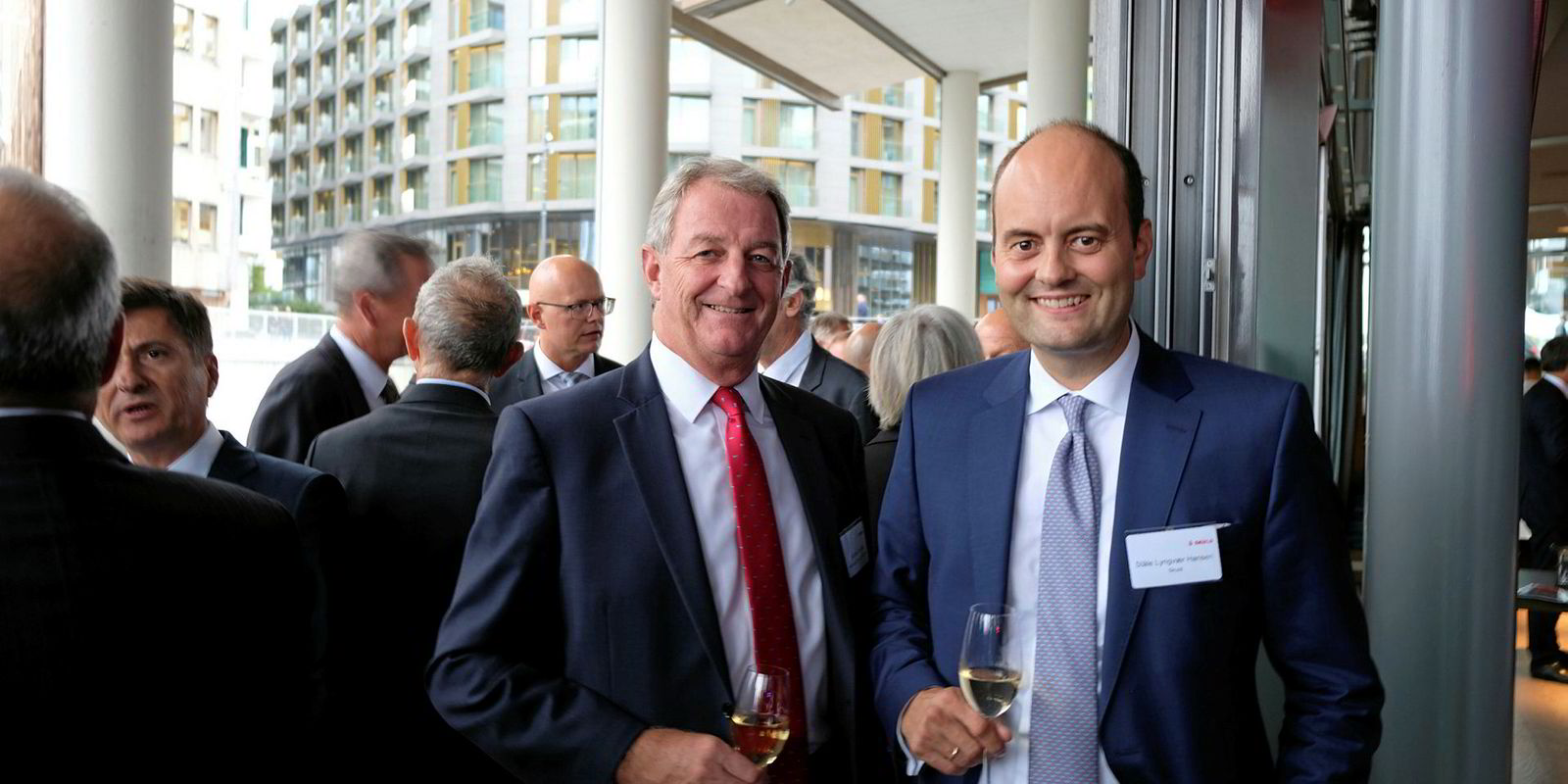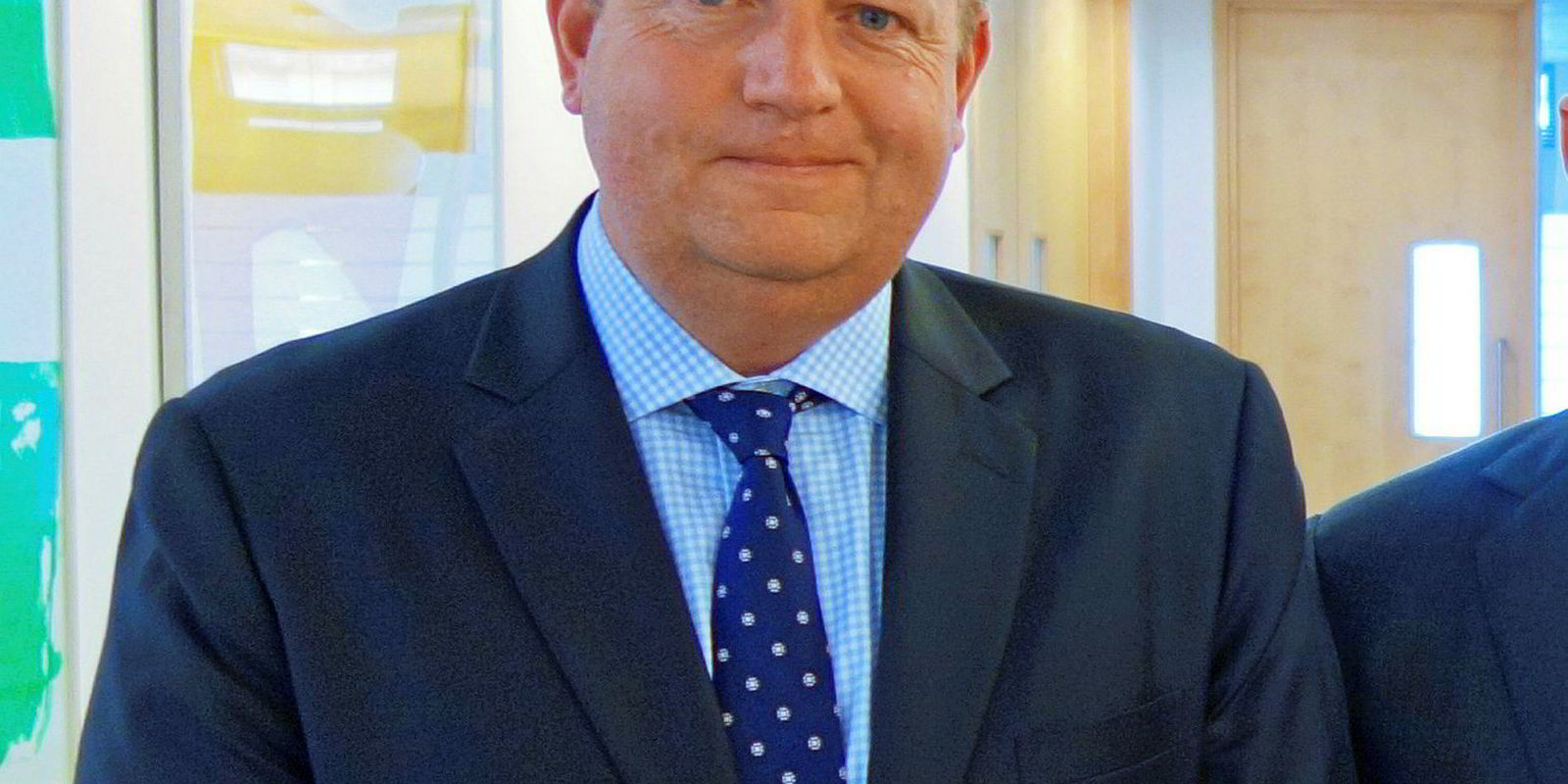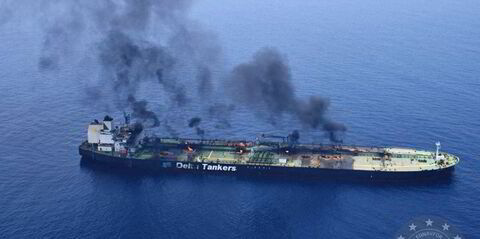Changes to the brokering of the International Group of Protection & Indemnity Clubs’ $3.1bn reinsurance deal — known as the Group General Excess of Loss programme — have been welcomed by both its members and the market.
The retendering of the brokerage was initially met with cynicism as the incumbent brokers — Aon and Miller — were both reappointed.
However, International Group chief executive Andrew Bardot says there is a key difference: where the brokers previously worked separately on different aspects of the excess programme, this time around they worked together to foster a more innovative approach to the reinsurance model.
The model for the 2019/2020 insurance year, which will apply from this month, has increased the collective risk retention by the clubs, helping keep rates down, while at the same time fixed private placements are helping to future proof it against a potential increase in reinsurance rates, Bardot says. Reinsurance rates have also been kept down for the fifth consecutive year.
'Better value'
“We are getting better value from our co-broker arrangements now,” he says.
“It is a more cost-efficient structure that provides better value for shipowners.”
Bardot says another important aspect of the deal is that it remains attractive enough for the reinsurance market to stay interested.
The key features of the changes are that the first layer currently set at $600m, after the initial $100m pooling arrangement, has been extended to $650m and subject to an annual aggregate deductible of $100m on the 80% market share of this layer, which will fall on Hydra — the International Group’s own captive account. The second layer will provide cover from $750m to $1.5bn, and the third layer from $1.5bn to $2.1bn.
You need to balance it. You can’t keep all the risk and expect the reinsurers to stay interested. There is a long relationship and you need to recognise the partnership
Andrew Cutler, chief executive of Britannia P&I
Private placement participation in the first layer has also been increased from 15% to 20%.
'Sensible thing to do'
Britannia P&I chief executive Andrew Cutler says he is happy with the deal: “The ability for the group collectively to take slightly more risk is a sensible thing to do, it uses the capital members have invested with us and keeps the reinsurance keen.
"You need to balance it. You can’t keep all the risk and expect the reinsurers to stay interested. There is a long relationship and you need to recognise the partnership.”
Marsh P&I broker Richard Adler says: “A reduction in reinsurance rates is good news for shipowners. The market has changed and many expected an increase because of what is happening at Lloyd’s.
"A reduction in rates will have a positive psychological effect and it offers a sensible approach to clubs retaining more risk that can be increased slowly but surely.”





